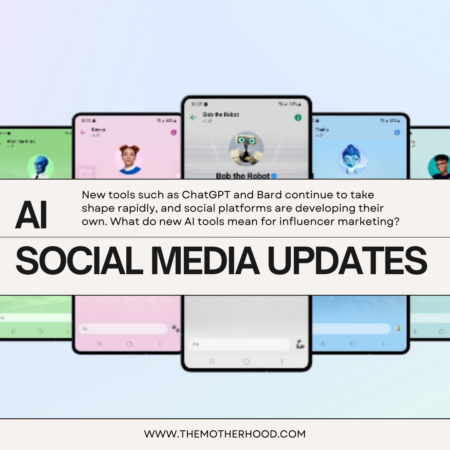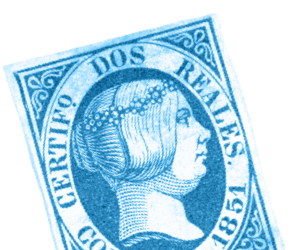The creator economy could approach half-a-trillion dollars by 2027, according to Goldman Sachs. There are a myriad of platforms out there, and tools like ChatGPT and Bard continue to take shape rapidly. So what do new AI tools mean for influencer marketing on social media? Here is a look at the latest updates from Meta, YouTube and TikTok.
Updated: July 2024
The latest around legislation updates specific to AI:
- California advances unique safety regulations for AI companies despite tech firm opposition – ABC News (go.com)
- You can now make takedown requests for AI-generated YouTube videos that mimic your likeness – Music Business Worldwide
- As Tennessee’s ELVIS Act goes into effect, the music industry braces for legal fallout (msn.com)
Minds on Meta
Mark Zuckerberg just announced their answer to ChatGPT: Meta AI. While still in beta, it’s an advanced conversational assistant to give you real-time information and generate photorealistic images from text prompts to “share with friends.”
They say over time, they’ll make AIs for businesses and creators available and will release an AI studio for people to build their own AIs. They also said that they think GenAI will unlock more creativity for everyone on Instagram and future tools will help creators run their businesses better.
YouTube? You Bet
At the recent Made on YouTube event, YouTube (supported by Google AI, of course) announced several upcoming features. These included Dream Screen, which are AI-generated photo and video backgrounds for YouTube Shorts, AI Insights to help get video ideas and outline suggestions based on what audiences are already watching, an automatic dubbing tool to create content in more languages, and Assistive Search in Creator Music, among others.
TikTok Taking a Beat
TikTok is taking a different approach by focusing on supporting transparent and responsible content creation practices. They recently announced they are launching a new tool to help creators label their AI-generated content. The social network said they do not want to confuse or mislead viewers if they’re not aware content was generated or edited with AI, hence the labeling transparency.
There has been a noticeable shift in how creators are making content over the last year, and AI will only make it easier – for brands and influencers alike. One thing that remains true, though, is that successful influencer marketing still requires quite a bit of human interaction, especially when it comes to proper vetting and impactful, authentic content. What do new AI tools mean for influencer marketing on social media? We’ll continue to watch and update.



Take a Comment. Leave a Comment.
Read More ...
Upcoming Influencer Marketing Trends: Takeaways from the CreatorIQ Connect Conference
Influencer Marketing Resources: October 2024
Influencer Marketing Resources: September 2024